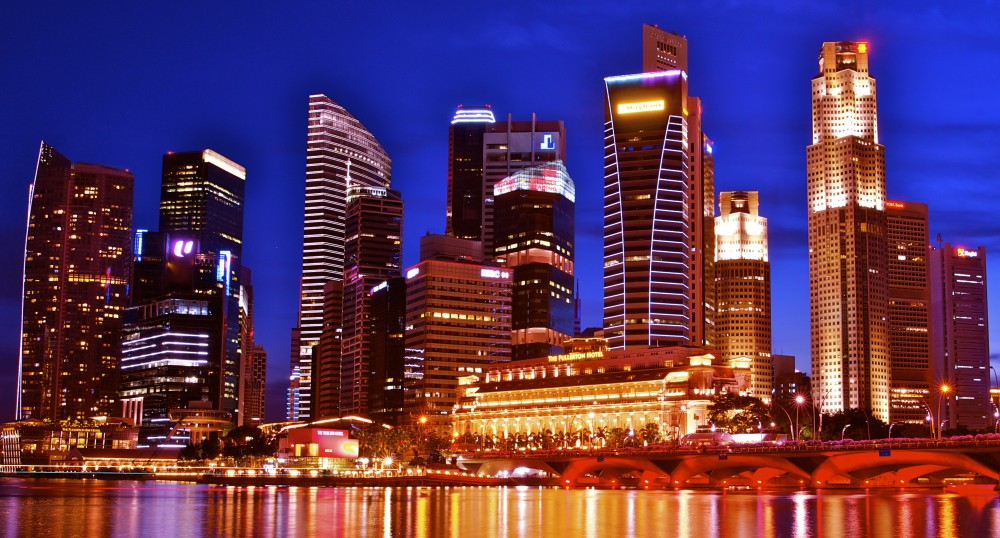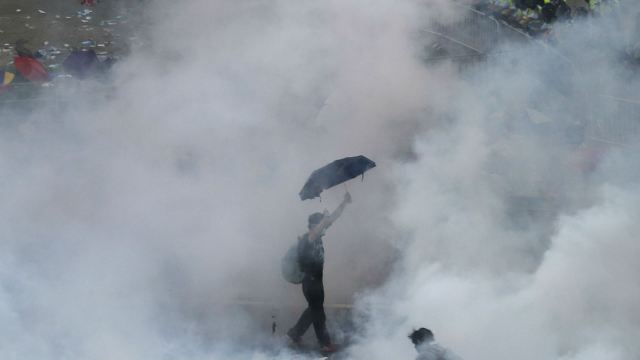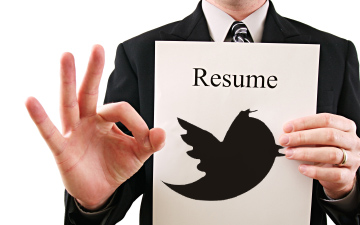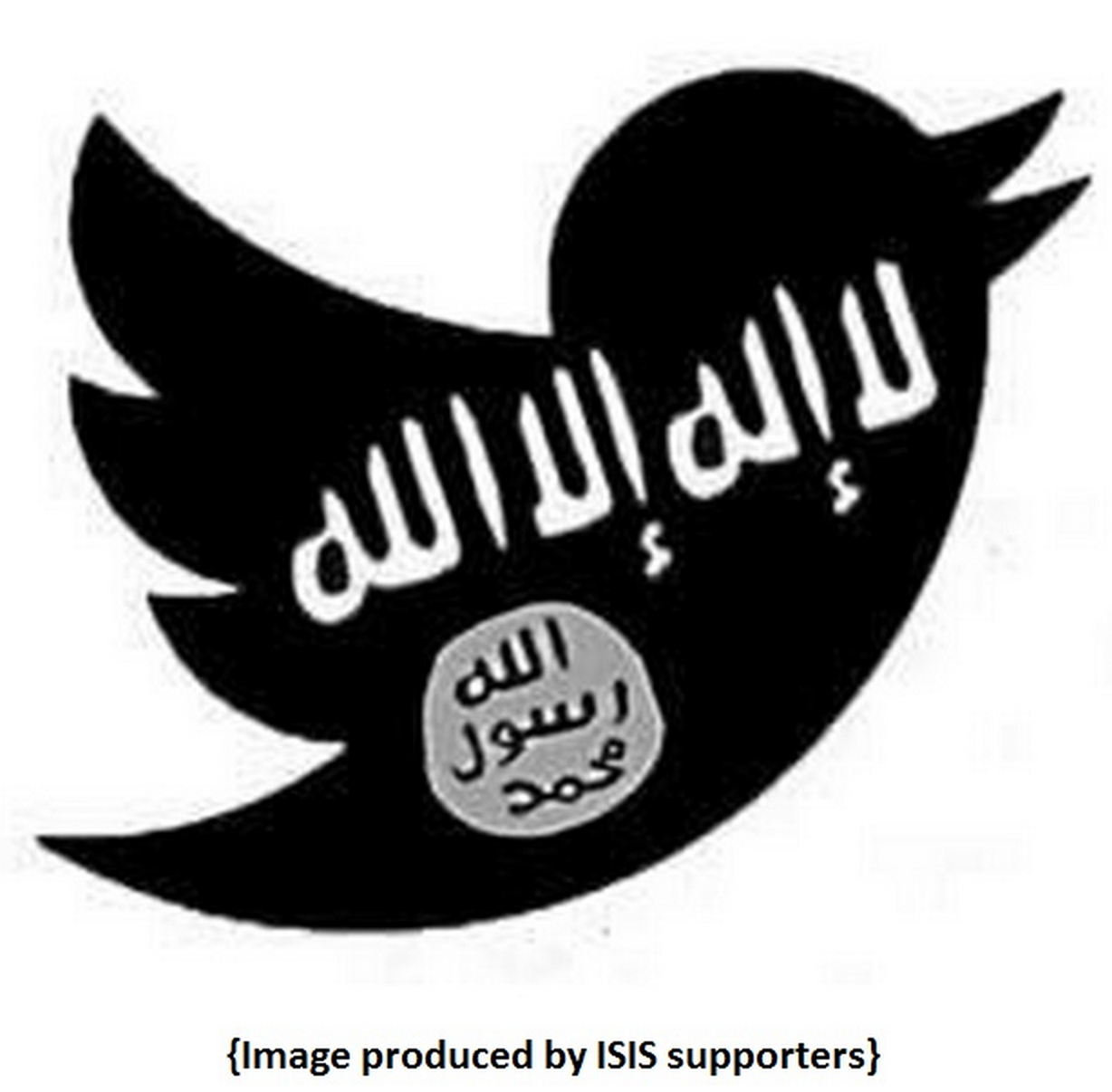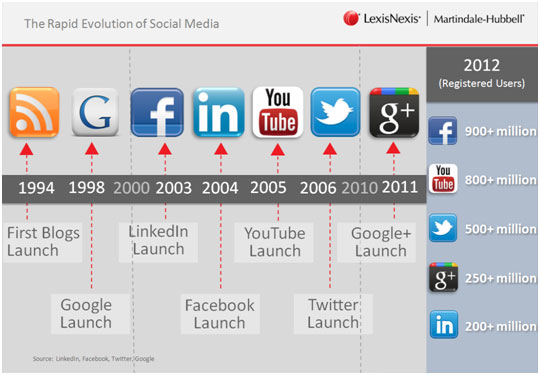Many have probably heard of the term VPN before, but not many are able to explain what it is and what it actually does.
VPN is the abbreviation for Virtual Private Network.
If not for my exchange program in Shanghai, I would probably not have known about it.
For those who are interested in what a VPN actually does, here’s a link to lifehacker.com. I came across this page in one of my MIS classes at Sauder.
It wasn’t too long ago that I was a participant in the UBC Shanghai Summer Program jointly conducted by our beloved Sauder School of Business and Shanghai Jiao Tong University. Upon landing in Shanghai Pudong International Airport, I felt lost. The Samsung Galaxy Note 3 that I was carrying back then seemed to have lost many functions which I rely on, on a daily basis. For instance, Google Maps doesn’t work, neither does Facebook nor Twitter. It’s the first time I’m entering Mainland China since I was 10 years of age. I’ve heard of the Great Firewall of China in many of my MIS classes but this summer was the very first time that I’ve had to experience it personally.
Of course, being a BTM student, I’ve come prepared with a VPN app installed in my phone and laptop but the initial feeling of being deprived of Facebook and Twitter was an experience by itself. It compelled me to wonder how people here can possibly live without being able to access independent news channels and social media platforms? And also, how long would this be able to last given the emergence of new technologies?
Photo adopted from: http://qz.com/272854/what-is-the-meaning-of-the-umbrellas-in-hong-kongs-umbrella-revolution/
By now, most of us would have heard of the #umbrellarevolution unfolding in #hongkong and are taking news feeds on this demonstration for granted. But those who have never visited Mainland China before will never fully understand the extent to which the Chinese government has gone to in blocking media outlets that go against its manifesto.
However, news feeds of the #umbrellarevolution were leaked into Mainland China via Virtual Private Networks that had made access to Western media possible.
This made me ponder about how much longer can the Central Government continue to rule the online community with an iron fist. With emerging technologies allowing access to blocked sites through the Firewall, it seems to me that it is inevitable that the Central Government loosens its grip on the Internet, and the time has come for it to do so.
So what does this mean for Western social media platforms? Will they be able to penetrate the Chinese market? Or will China-based social media platforms such as WeChat and WeiBo continue to stand strong from the protectionism of sorts that it has benefited throughout this time of censorship?
For now, only time will tell, but one thing seems certain: The likes of Facebook and Twitter are slowly edging beyond the Great Firewall of China
P.S. UBC offers all students free VPN accounts via CISCO Connect. Simply download the app and login with your CWL and Password!
